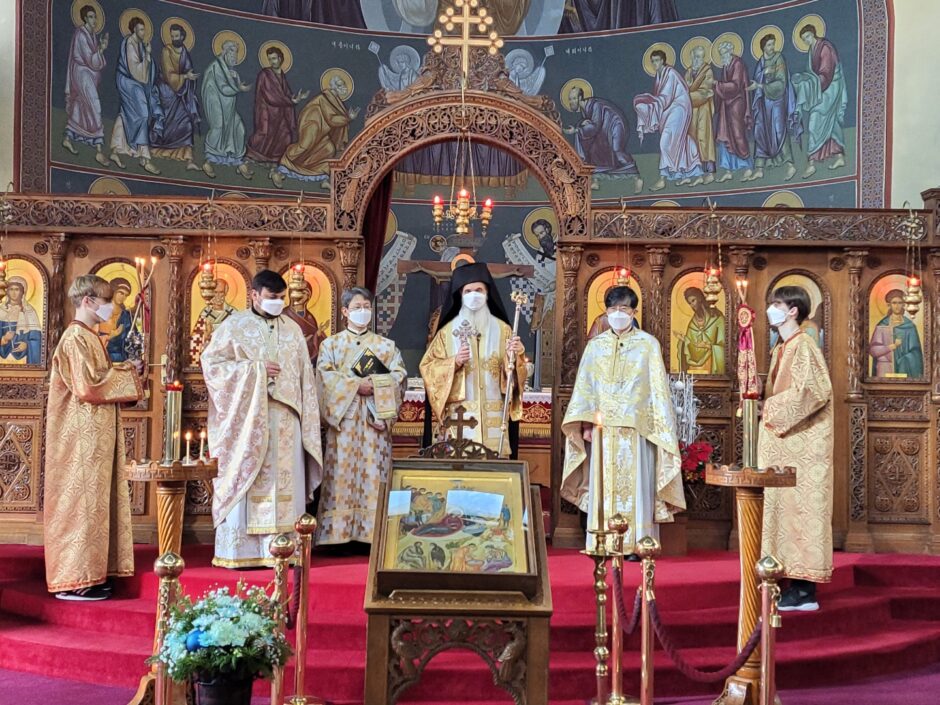
As every year, this year too, the great Feast of Christmas was celebrated on January 7 with brilliance and spiritual...

As every year, this year too, the great Feast of Christmas was celebrated on January 7 with brilliance and spiritual...
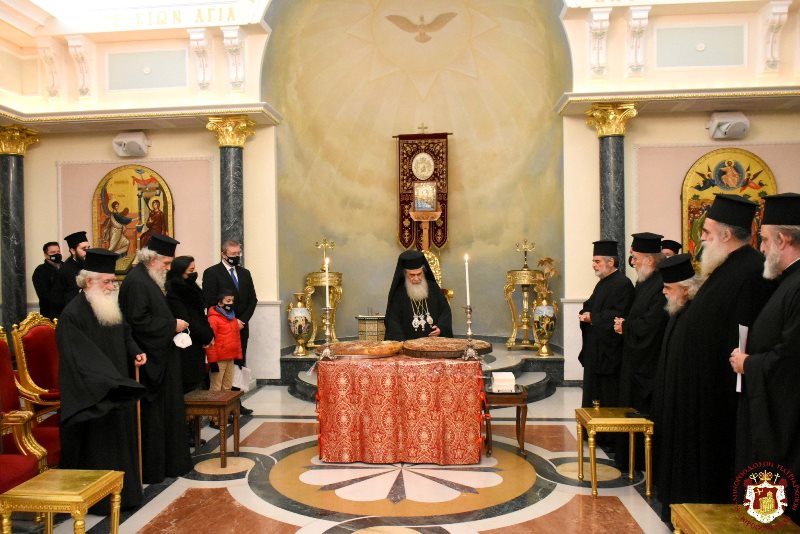
On Thursday evening, 31 December 2021/ 13 January 2022, the cutting of the New Year cake took place at the...
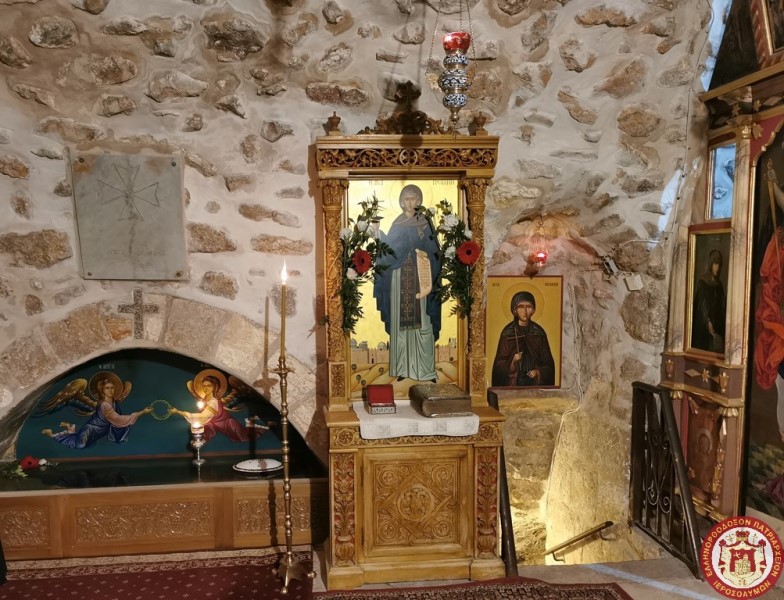
On Thursday 31 December 2021/ 13 January 2022, the Patriarchate celebrated the feast of Saint Melani. On this feast, the...

Romania’s Ambassador to Bulgaria, Brândușa Predescu, met on Tuesday with His Beatitude Patriarch Neophyte at the headquarters of the Orthodox...
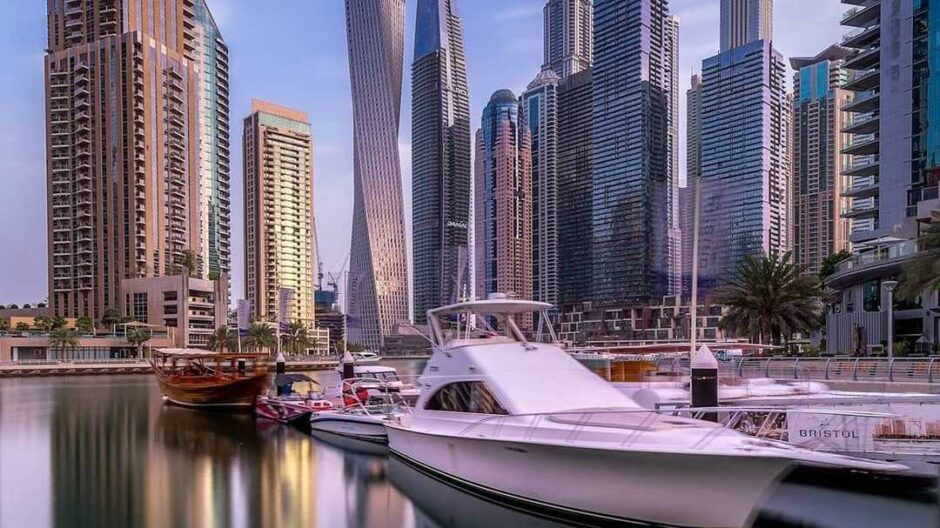
Romanians in Dubai could have their own church, Patriarch Daniel said at the end of the Christmas Divine Liturgy. The...
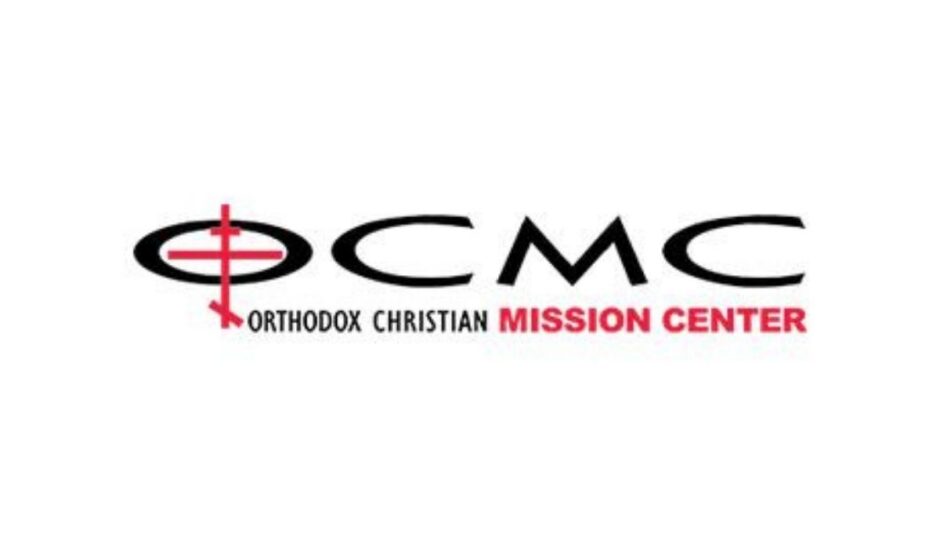
Join OCMC as our Missionary Department Administrative Assistant! OCMC is looking for someone to join our organization in St. Augustine,...
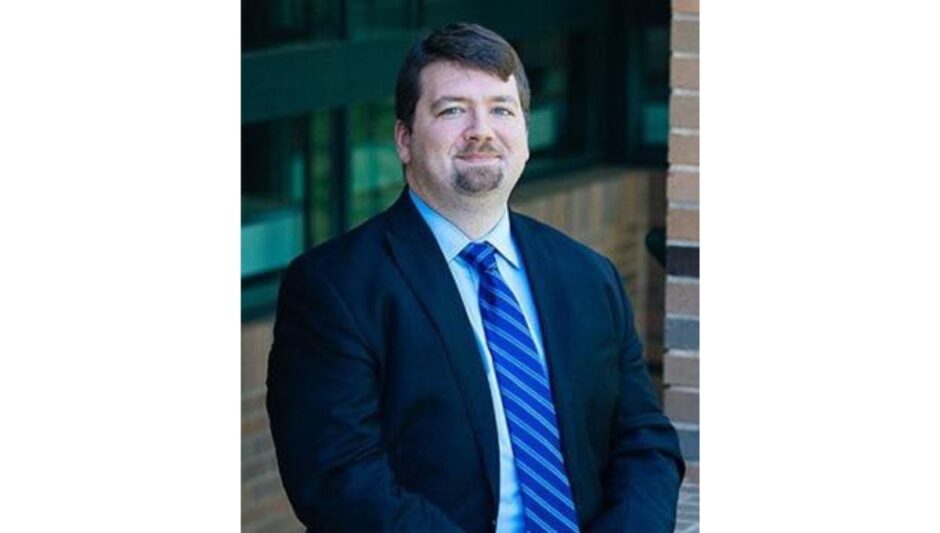
Professor Nicholas Ganson, co-director of The Greek Revolution through American Eyes bicentennial exhibition now on display at HCHC’s Maliotis Cultural...
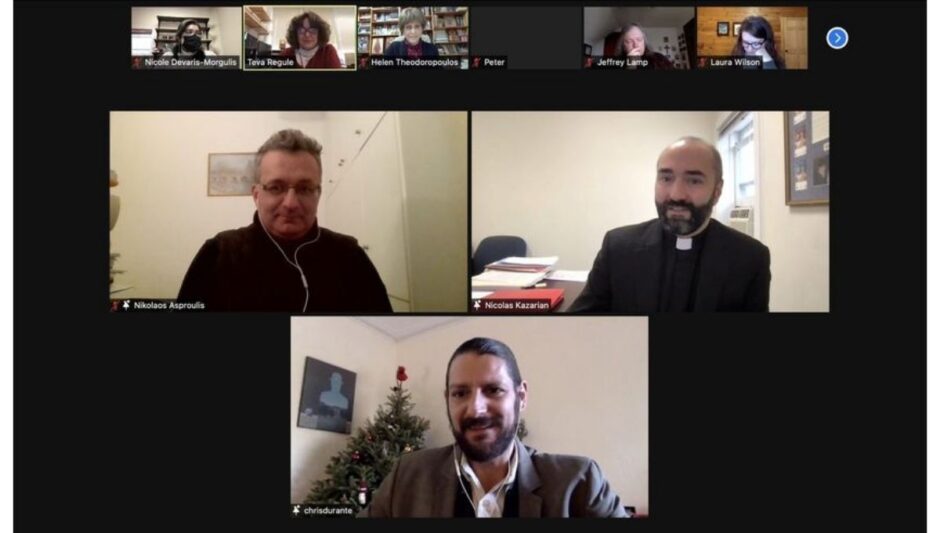
On Thursday, January 13, 2022, Father Nicolas Kazarian of the Department of Inter-Orthodox, Ecumenical and Interfaith Relations, along with Dr....

A. Examine the bad habits and proclivities you’ve accumulated over the course of your life. If they’re long-standing, they’ll need more effort if you’re to defeat them; less if they’re more recent. Just as it takes greater effort to cut down and uproot an ancient, sturdy tree than it does a sapling. B. Examine the cures you need to apply for these bad habits and proclivities. The first of these is that you have to want to rectify your condition, not half-heartedly, but decisively. Because bodily ailments can be remedied without any effort of will, but those of the soul can’t be cured so easily. That’s because they require a firm intention on the part of the person suffering if they’re ...

From its earliest years, the Church has honored martyrs in blood and martyrs in conscience. ‘Martyrs in conscience’ were saintly monastics and ascetics who lived in the wilderness. There’s a difference between monastics and ascetics. Monastics are those who live all together in large coenobitic monasteries, while ascetics or anchorites live in isolation in secluded, inaccessible caves. Both monastics and ascetics are people who have left behind worldly matters and have dedicated themselves to something better and more perfect. These are also the people of whom Saint Basil the Great wrote: ‘they proved to have greater than human capabilities’. One such was Saint Theodosios the Coenobiarch, the memory of whom the Church keeps today. Saint Theodosios was born in 423 in ...
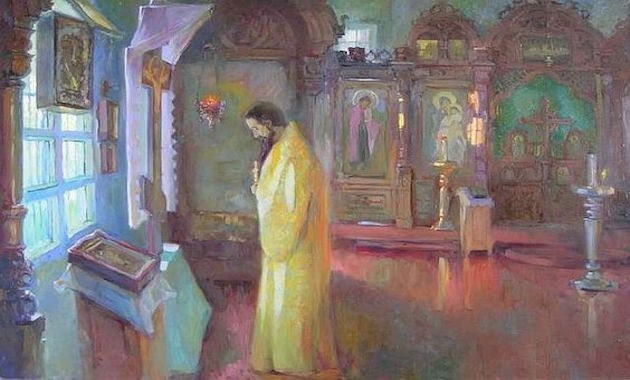
If you have worldly knowledge, you can’t perfectly acquire spiritual knowledge and really feel it unless you reject the worldly knowledge. Saint Isaac the Syrian
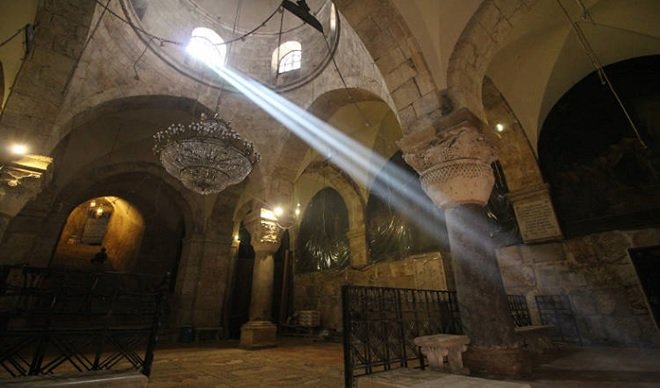
The notion that God punishes those who sin, recalling a strict father who punishes his naughty children seems to be one which is difficult to banish from people’s hearts. Besides, the Church does, indeed, speak of punishment, ‘the outer fire’ and a number of Fathers urge us keep hell in mind, so that we’ll be less susceptible to evil. Though this is true, it’s not the whole truth. Just as we don’t present a rounded portrayal of a person if we dwell overmuch on one facet of their character, the same is true of God. If we insist, either on a collective or personal level, on some sort of edificatory behavior on the part of God, this doesn’t take into account ...

‘My world’s different for me than in the eyes of the world’ (Greek song) What meaning does a feast of the faith have these days? Most people see anything to do with the Church from a cultural perspective. Remnants left over from the past, useful, not always necessary, but not much of a bother either, particularly when they’re accompanied by days off work, holidays, rest and a change of pace. We who are within the Church are content with good wishes, church attendance, and all this entails: holy water, antidoro and so on. It’s true that many people take communion more frequently now than in the past. But it’s difficult to transfer into practice what it is that marks the feast ...
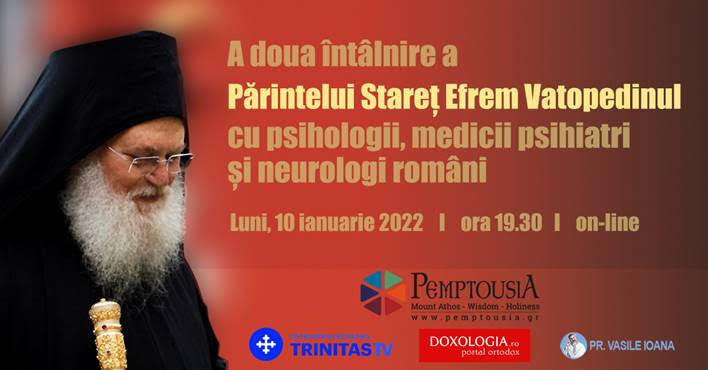
„DEOSEBIREA DINTRE STAREA PSIHOLOGICĂ ȘI STAREA DUHOVNICEASCĂ” Luni, 10 ianuarie 2022, 19:30-21:00 ora României Dragi colegi, Sunteți invitați să participați la cea...
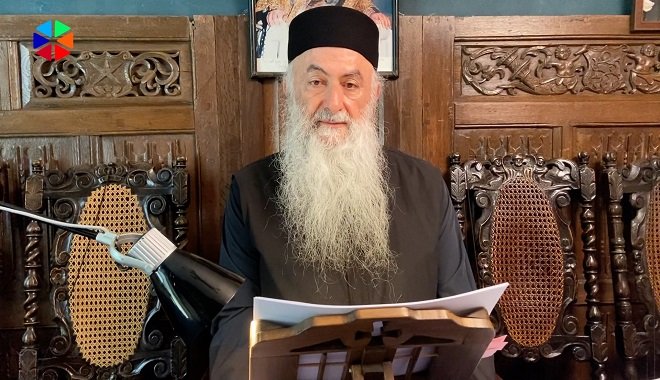
Through His coming, the Lord filled the whole world with His divine grace and spread His creative energy on all the earth. He descended into Jordan, not in order to sanctify Himself, but to sanctify the waters and the whole creation, so that we may receive baptism and be clothed with His glorified human nature, wherein ‘dwelleth all the fulness of the Godhead bodily’ (Col. 2:9). He descended into the waters ‘to draw up with Himself bright sons from the streams of Jordan’ and make them citizens of His eternal Kingdom. The first humble Appearing of the Lord became a prophetic event, wherein ‘the grace of God that bringeth salvation hath been poured forth upon all’ (Tit. 2:11). The first humble Appearing ...

Time is something tragic in the life of man because every new year measures how near his life is to its end. Is finally time a friend or an enemy, a blessing or a curse? The way in which we measure time is necessary, but it is also relative, artificial. Yet, every beginning of the year is an opportunity for us to give an account for our spiritual life and make a new beginning. From the beginning of creation, Scripture speaks about time: ‘And God called the light Day, and the darkness he called Night. And the evening and the morning were the first day’. Certainly, man was not created in order to be imprisoned in time, he was created ...
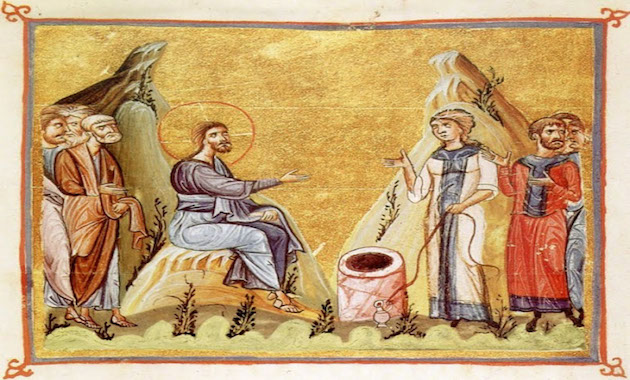
Love is a good disposition of the soul which makes us prefer knowing God over all else. But it’s impossible to acquire this love on a stable basis if we have a passionate attachment to some earthly thing. Saint Maximos the Confessor

If something’s not beautiful, don’t think about it any more and don’t speak about it. Abbess Gavriilia Papayanni
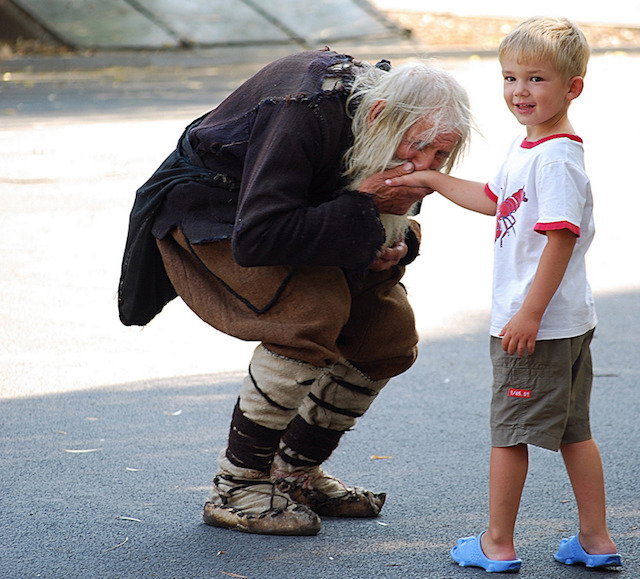
Sanctification doesn’t dwell in a heart that’s turbulent and angered. When anger abides in the soul, it creates hostility and hatred towards our neighbor. This is why swift reconciliation with others is essential, so that we’re not deprived of the grace of God which sanctifies our heart. Saint Nektarios of Pentapolis
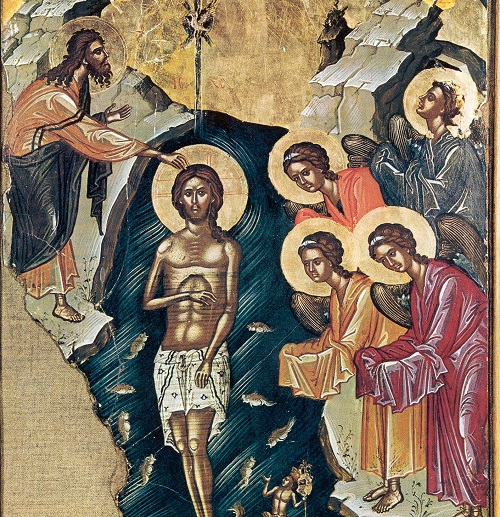
The feast of the Holy Theophany is one of the greatest in Christianity. It celebrates the event of the Lord’s Baptism in the streams of the Jordan and, at the same time, it manifests the Triune God to the world. The importance of the feast is clear from historical evidence: after Easter, the feast of Theophany is the oldest in Christianity. The event of the baptism is of immense theological significance. Through colors, icon-painters have managed to capture the wealth of meanings in the event. Christ is between high rocks which come together to form a ‘gorge’. The waters, which are not yet sanctified, remind us of the image of death/inundation. The symbolism of the rocks in the icon of the nativity continues in ...